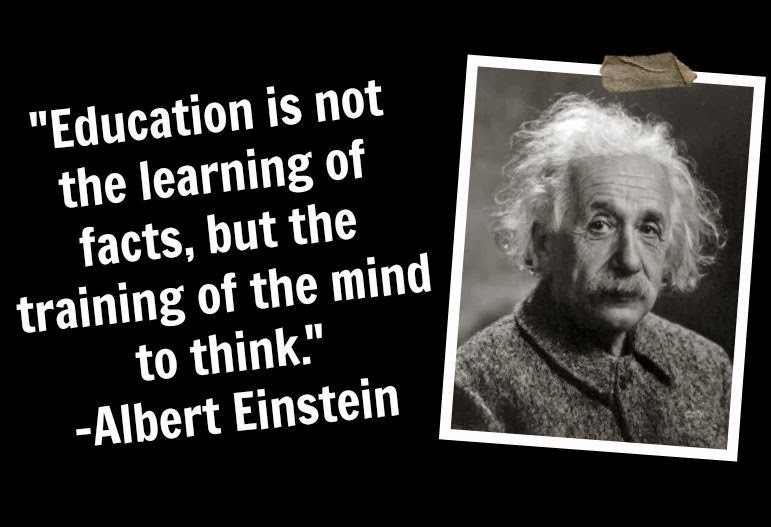
I saw this as I was eating my breakfast this morning and thought how this totally sums up learning through play. And explains why today we revisited gas.
This morning we looked at gas with the more scientific frame of mind, attempting to create a gas by mixing a liquid and a powder. We caught and measured the gas in the balloons again.
As usual we made and recorded predictions, observations and our thinking about why it happened (training the mind to think!).
Only one person predicted their solution wouldn’t make a gas:
Natalie – “I predict no gas.”
Everyone else predicted lots of gas would be made.
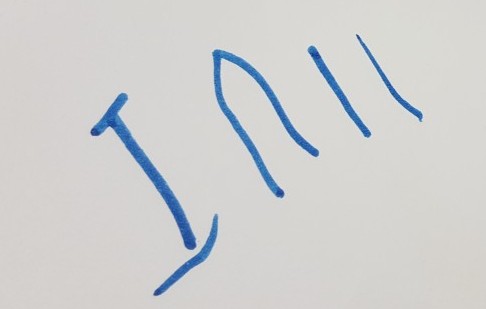

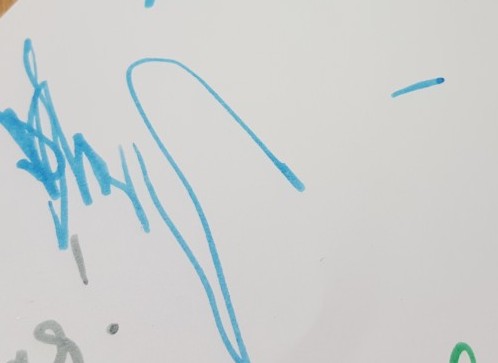
In fact Sophia and Olivia selected their ingredients based on their past experience with the science. When asked why they had selected bicarbonate of soda and vinegar,
 Olivia replied: “Because it’s going to get bigger and explode!”
Olivia replied: “Because it’s going to get bigger and explode!”
and Sophia said, “Because I want mine to get ginormous!”
So there were a variety of results depending on the combination chosen.
“Oh my gosh Sophia! That is soooo big!” – Millie
The most interesting however was the bubble bath + effervescent tablet………
Gracie and Bramble were able to apply their previous science learning to their understanding of what had happened…
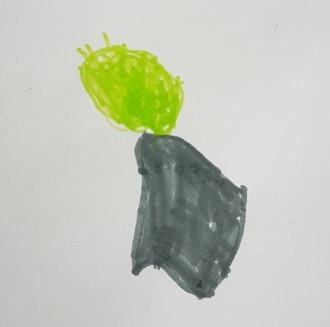
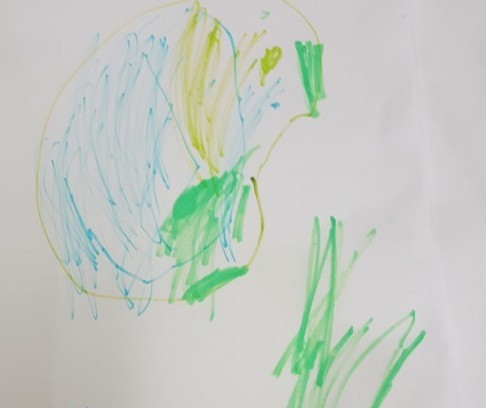
For the afternoon session I took to heart another Einstein quote……
So we just freely “researched” compounds and mixtures.
We had to use our hand and finger muscles to squeeze the ingredients out of the bottle – this helps us prepare to write!
And the phrases “Oh my gosh!” and “Look at mine!” were heard aplenty when the vinegar, bicarbonate of soda, effervescent tablets and carbonated water began to mix.
We used a huge amount of maths language as we were experimenting – “more” ,”less”, “after”, “next”,” first” ,”higher”, “heavier” ,”lighter” as well as hearning myself model more science vocabulary.
Did you know that the greater a child’s vocabulary before school, the more success they have in school? You can read research suggesting that here and here.
Also did you know that the average person produces gas 14 times a day? (Thought Patrick might like that wee fact!) Why not amuse your family with more fart facts?
I’m sure Einstein would have been very proud!
Don’t forget to share the learning that your child shares at home and leave comments to let me know what you think of the experiments and the blog – especially any ideas or suggestions – Thank you!
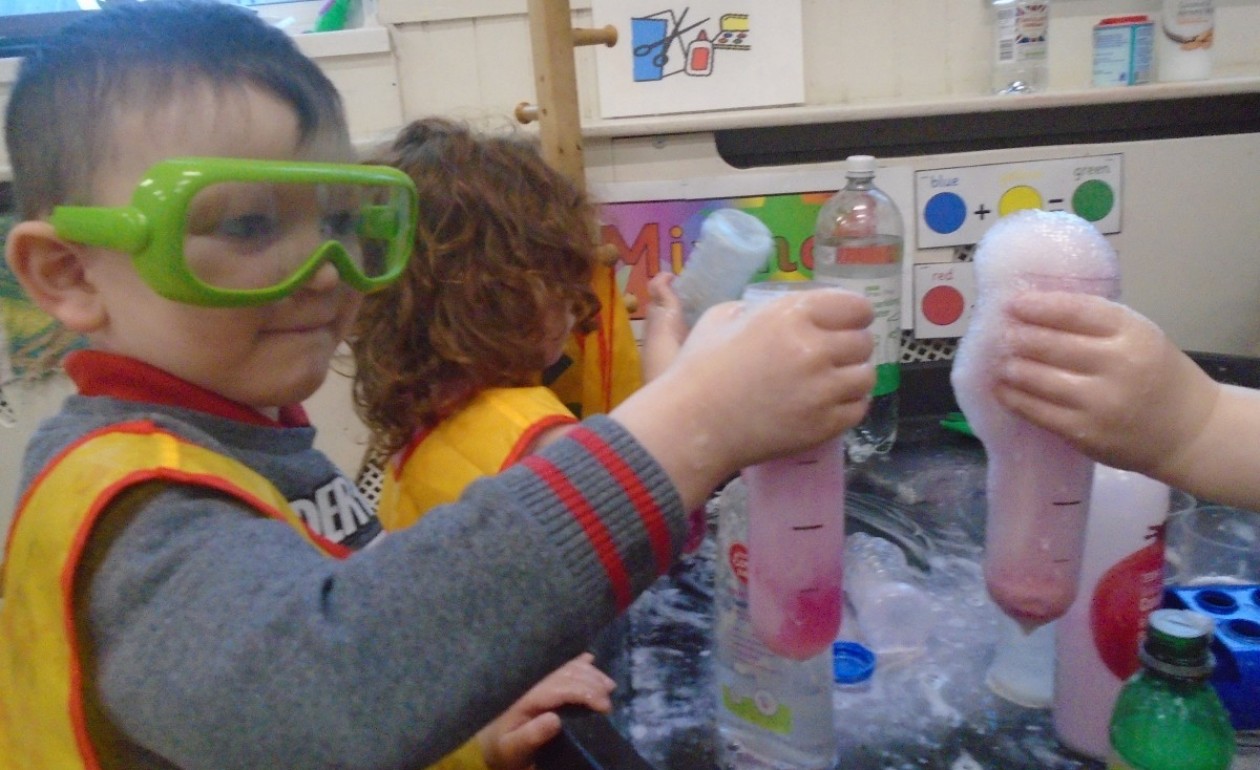




























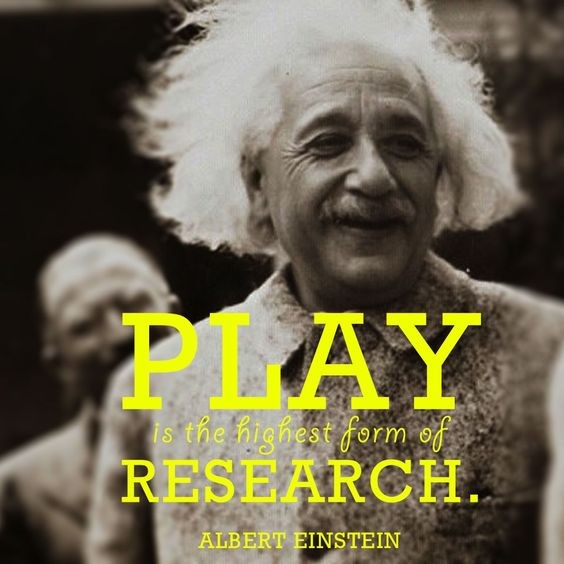
















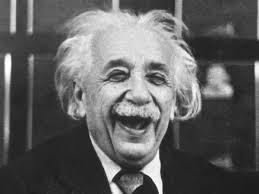

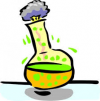
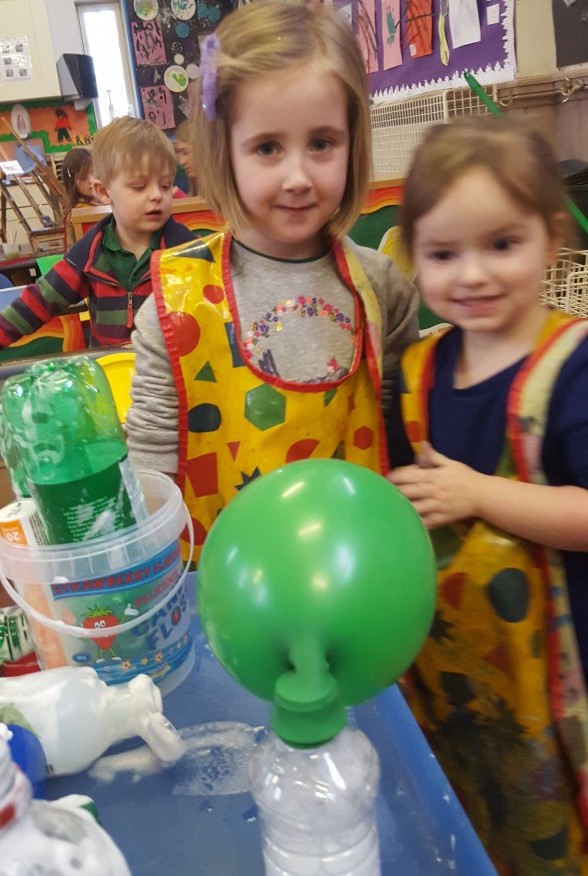


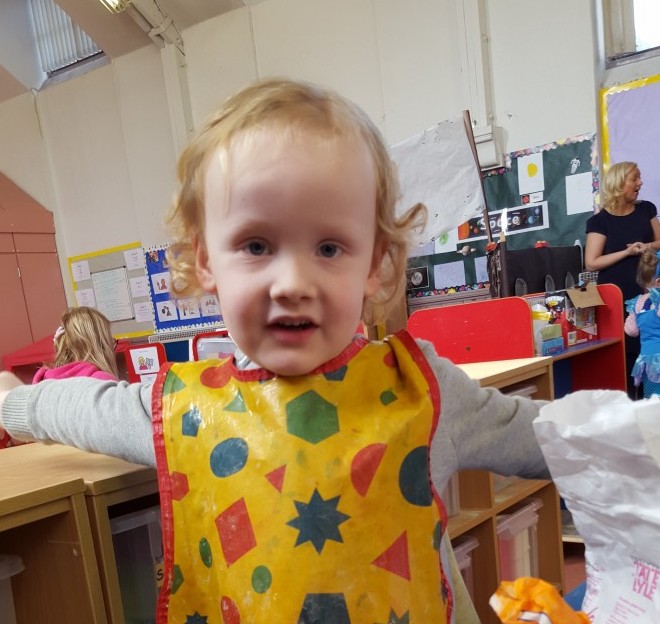



















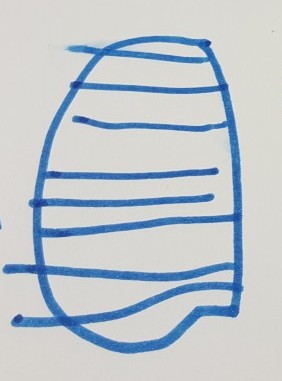
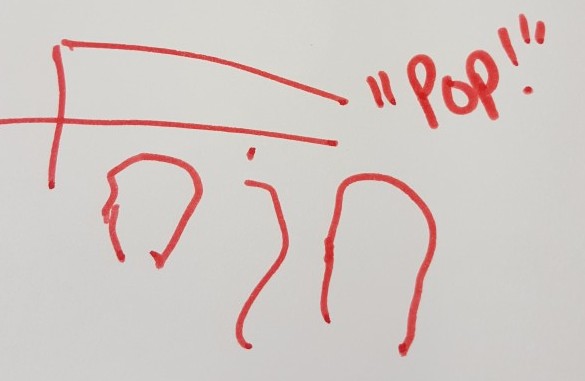






















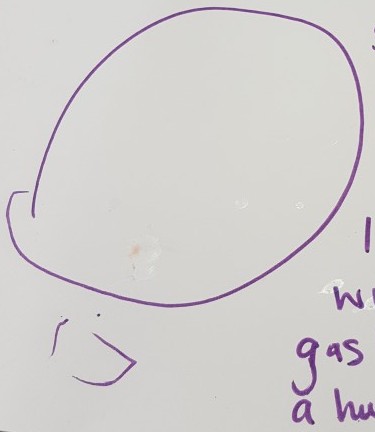
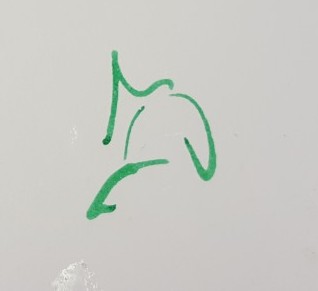
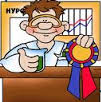
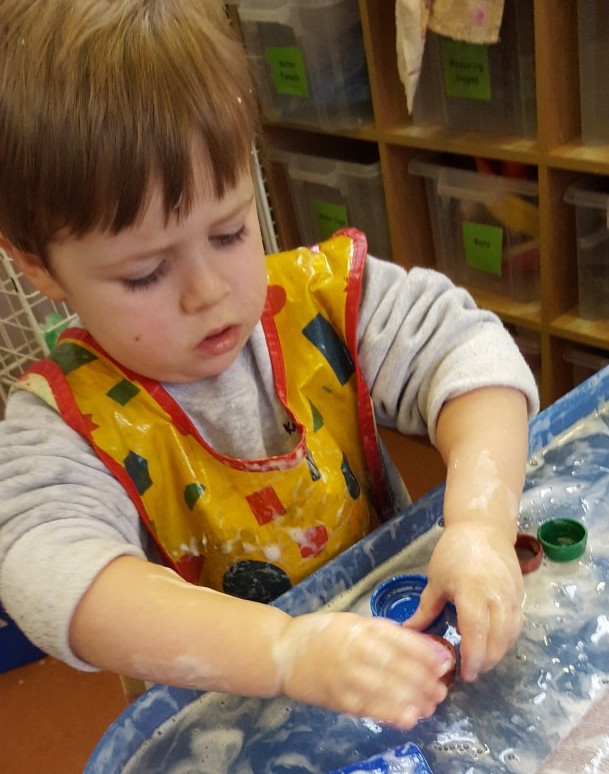

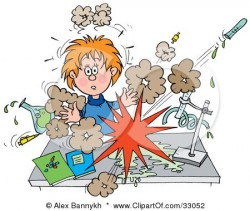

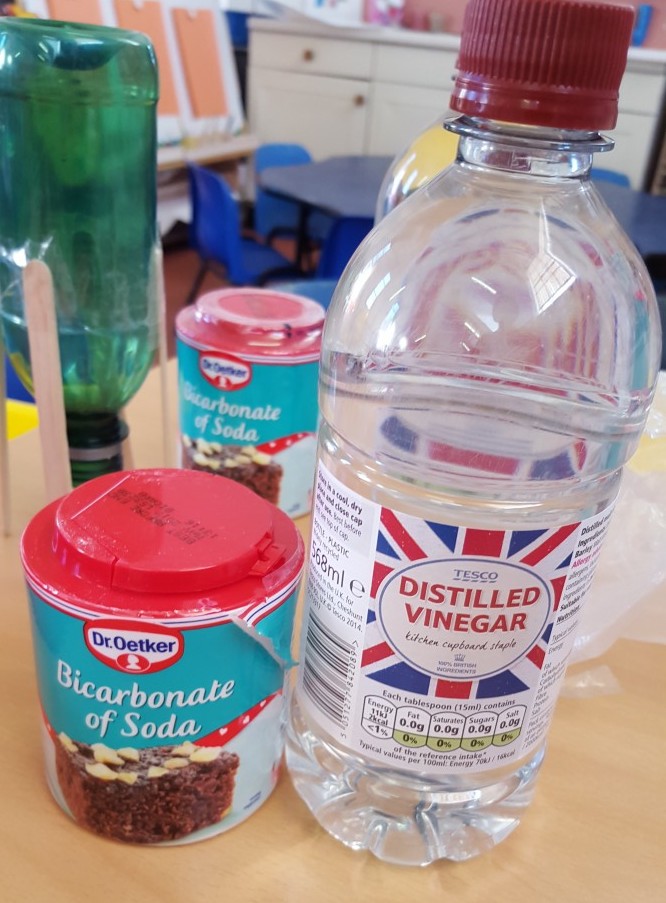
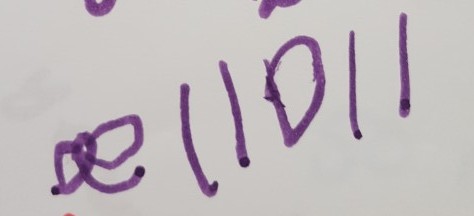

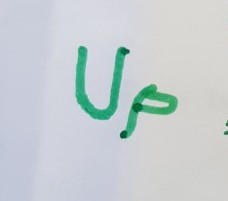
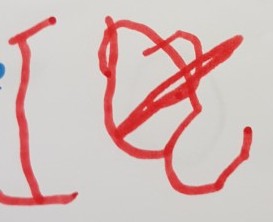








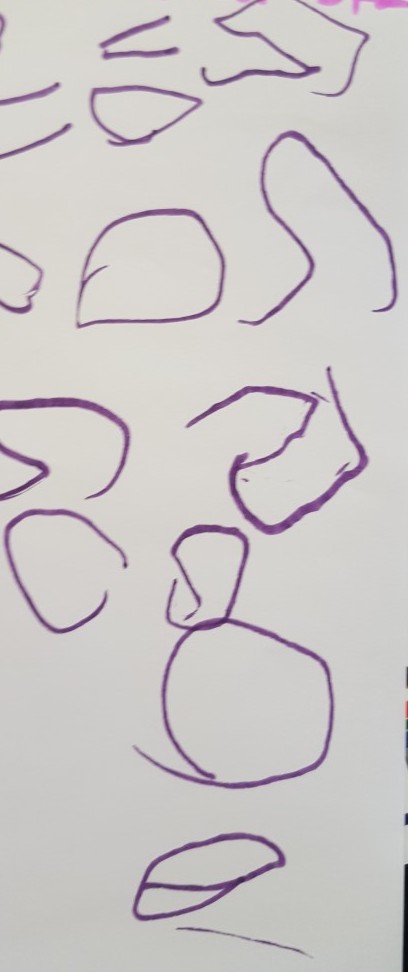
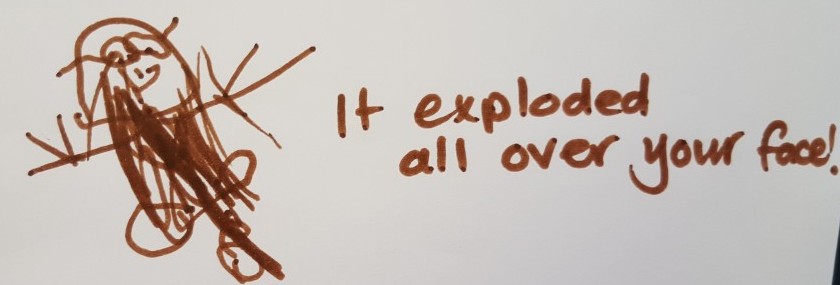













!["They will go red"[the liquids] "Carbonated water first, vinegar last"](https://glow-prod-in.s3.eu-west-1.amazonaws.com/in/public/kellystscientists/uploads/sites/4816/2016/01/DSC04649-e1454081233148-197x300.jpg?X-Amz-Content-Sha256=UNSIGNED-PAYLOAD&X-Amz-Security-Token=IQoJb3JpZ2luX2VjENX%2F%2F%2F%2F%2F%2F%2F%2F%2F%2FwEaCWV1LXdlc3QtMSJHMEUCIEchlhuN5%2FJZb8HbmKHhQLPgItG6KNAWr4GoteKBIM5VAiEAucyyTX%2FL4wZMps5Zg%2FsFCCWvJyEI6pT2zwnrIKrbWRQquQUIbRAFGgwyNzM1NzAxOTU0MzMiDM5M10Ad7hSCiXycICqWBWxOVOlsaMvQ7Zn1tSFvxJT%2BDyzjP4Ek32jbwlryXbJILBdfLkUmue%2BBrUFtXfNGYoCuSiYyKDfdhqdIGqyGSSMCIXHkBdNPfsJxh%2BtwXqxpwDUQ5EPMQGmco7PCgEFHDFFpiKXhEQNBCWTBssPvmRwLVlvkqQusXYRQQJEVkEc77FULBifYR0yMm9XfI%2FTmWsSc7IWhII0por2TjwLhIfvRHWVNVjCJvBTxnz6f1ZRuZfSk%2FuUtPcQ2L0QjxdmqQWPcEeI4oc%2BO00K8QIWb4MGvmzBW2QiKWz8u4FSbMpbhXeZfY7g%2B6LjH6Atq0r%2FuYwdHkK7DiTwkFKetlV%2BRTeX8Cr4eY9HlXTfOm99XhOUkgOeDRFbYeta4TkLSecQ7z8xEsafUeNJMRf%2F%2Bm4ADIGWvlS8SnLk4x3t5EYG3ohbHGMYqyyf6BIeQ3RSncaVcagbbFguoXiiWQkcjcihrat49P1sWwA9%2F0QD7gndbpZ67apK7PCxtVFxJgx%2By4d%2FabxT9AX7kQjYyl%2BDkd1by8cytIXrmHKKMQj7MMTekL2gJ5fGEAtjJlx97xmZOSgArM1csN9nRZmWIAQVrUhKut2XV7kf%2FDn9cMmtjgk4gVEC6gwLPCP6SqZdYao%2B3WJaMP%2BNT0ls%2BtsMxpQI21WMwmGgsSmwnoGIl2xdopoAKJ4WYW7NjPdUofjcScHmkpw%2FFTFu0r13v6Xj8E2INWIsZh48T07rk%2BomC7nGd4lUTLswWizxnQ6VfkWF3KVfRPpmZeZly4vdzULTUw0TS2dNpM7TQNBLZqw5o5XpGI0VP3%2B2syGEZ9oRujwZzX852z10Jkp8nGVICqk19LSFD39iMP9CvVEhZefN2VtT%2FlByYlPaupA6kcJAKMKuAvMAGOrEBRwJ7MfBAb8NHxDbSg2e7kgAc5KjB6l6YXpqiFJZTlqx0%2FHMdbBWrCFihnRBcLRmrr4XCr%2BHxt%2BeADjh0AVEAubwUsAyLaro8wRTx8tsGyfULwqa%2F%2BgubtNwk6zXjeEeH2Ixyr1uPph%2BvC4YvdcvvzUy9S7G0lvMxTbNDimvCZqDaB5eT4gL9HHBD0Ut99TGBg0CJdpGetZO5IC1h9xNPpfMzxBTbMMtQYuzUVyc1ViCh&X-Amz-Algorithm=AWS4-HMAC-SHA256&X-Amz-Credential=ASIAT7MQN47UVGAK4I2B%2F20250428%2Feu-west-1%2Fs3%2Faws4_request&X-Amz-Date=20250428T050620Z&X-Amz-SignedHeaders=host&X-Amz-Expires=900&X-Amz-Signature=80d0e4264a314551532b05bcdba56358598ee86c8178d0508c9b67070e46b114)











































































